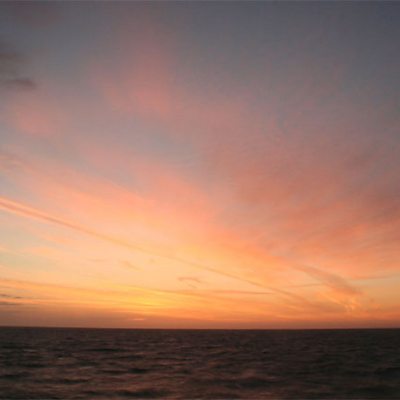Episode details

Available for over a year
The sight of a man, ill with cancer in a wheelchair, a man who knows that he is dying is an evocative one. Our heart instinctively goes out to him: his once strong limbs are weak, his tears might come more easily; his body has broken down and in the words of his great granddaughter, he knows “he only has five more minutes”. He reminds us as we look at him of our own mortality, of the possibility of suffering present in every human life. But this particular man, elderly and in pain, is also described as “futuristic when he was dying” because this man was one of the greatest artists of the 20th century Henri Mattisse. No longer able to paint, he wielded huge scissors, fashioning coloured paper into some of the most famous and innovative images of the modern age: the blue nudes. He himself likened the shearing through of colour with his confident blades as a sensation similar to flying. In a show that opens tomorrow which for the first time brings together Matisse’s cut outs, a spirit of exuberance, vitality, creativity and innovation will be on display; a spirit confined in a body that was failing but which seemed to burst out in what critics are calling an elegiac, vigorous step change in modern art. It’s not possible to draw easy universal conclusions from this particular life: very few of us have the innate talent of an artist like Matisse and it will depend on our state of mind- and body- whether we find this extraordinary explosion of life and colour inspiring or conversely distancing, because we’re pretty sure we couldn’t do it ourselves. But there is something hinted at here which is a mysterious struggle at the heart of the human condition between the confining, even imprisoning forces of death and the ultimately irrepressible dynamic of life and creativity. This human struggle is one way in to the events of this Holy Week, which for Christians turn on such a paradox. For me, these events, the inexorable politics and betrayals that surround Jesus, that lead to his death, are shot through in my minds’ eye with the vivid lapis lazuli of Mary’s steady presence, and the deep belief that the totalising forces of death are confronted and transformed by the impossible possibility of new life, of resurrection. For Christians then, marking this week means believing that something absolutely new will come, but only after the tortuous events of the next three days.
Programme Website